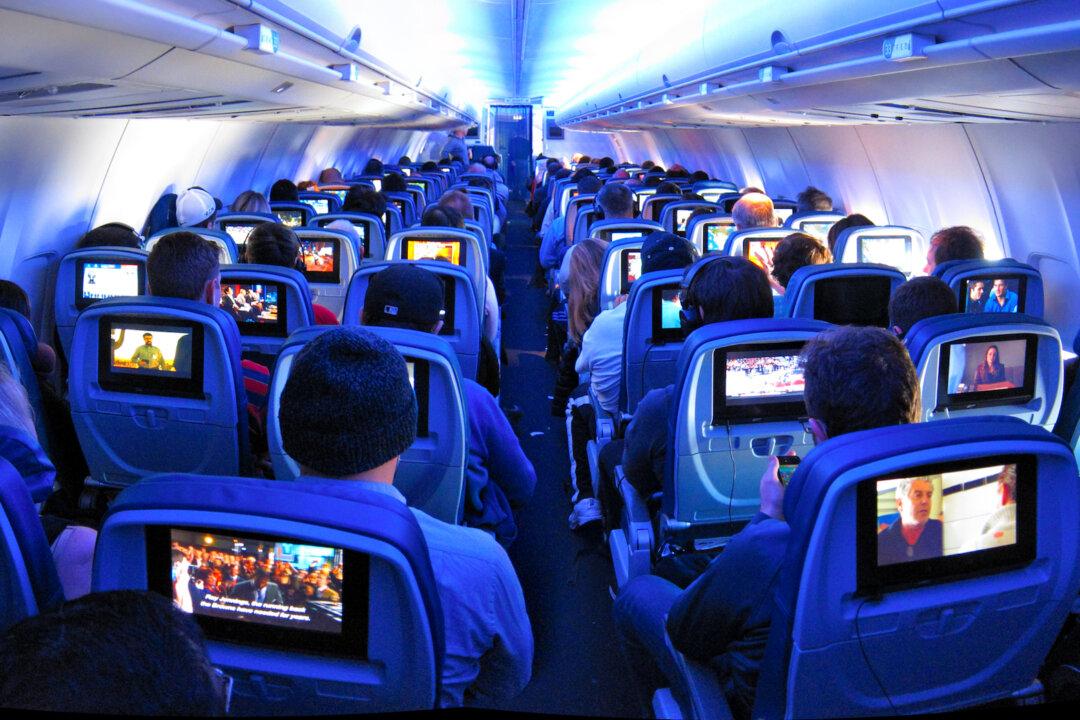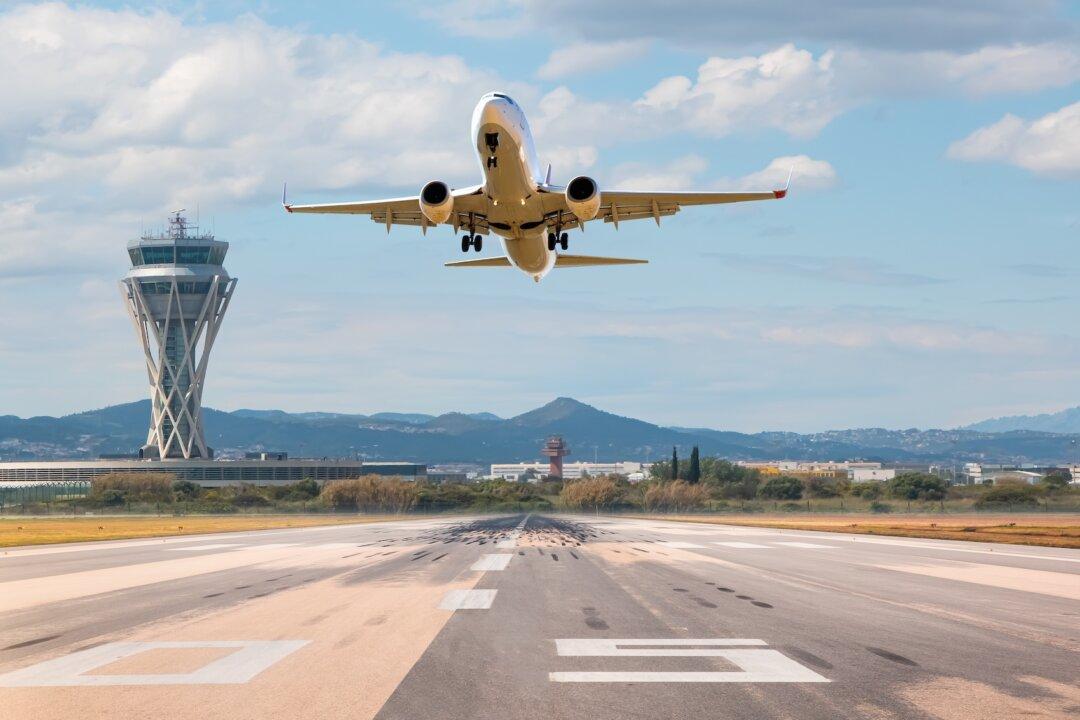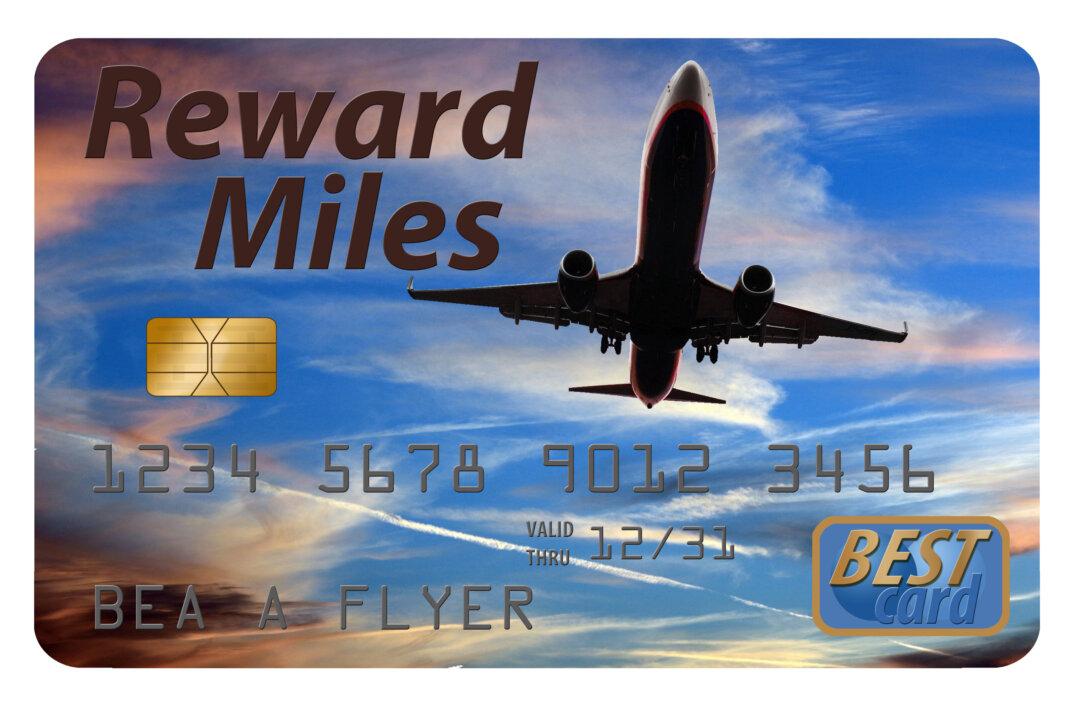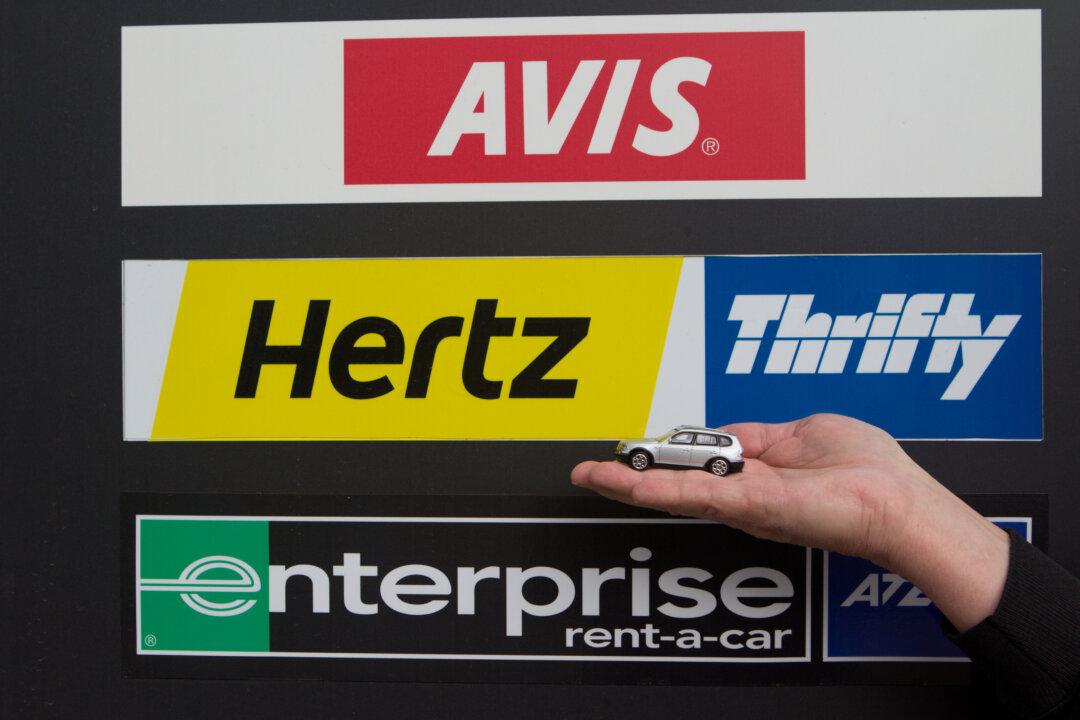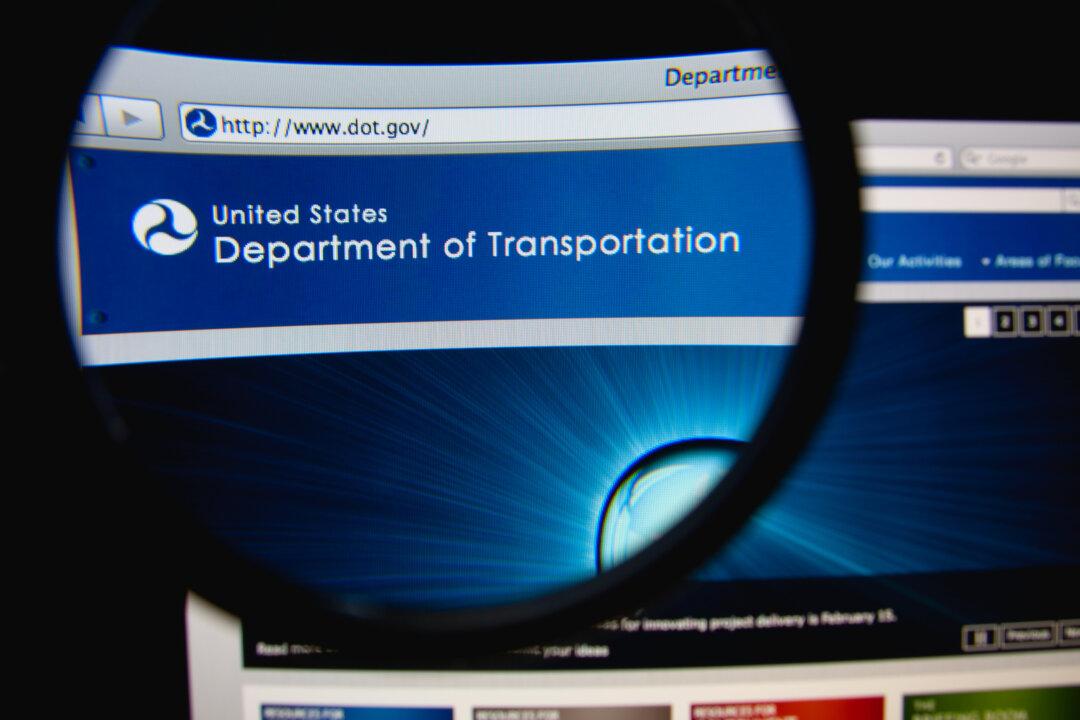Yes, what you figured out from your own experience is verified: New, detailed research proves that frequent flyer programs have, on average, lost value over the last five years. We can thank the good folks at The IdeaWorks Company for those results—published in a press release that is the tip of an iceberg of granular data sold to airlines and other big travel companies.
The study updates metrics previously compiled for 2019, with three main components:
- Average miles/points “prices” for “free” domestic economy seats are up, but just a little, not a lot.
- Payback on paid fares—how much value you get per dollar spent on airfares—is down a lot.
- The reward value of each mile/point is generally down, but not a lot .

